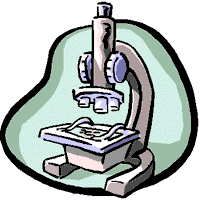
ScienceDaily (Aug. 24, 2010) Human umbilical cord blood cells (HUCB) used to treat cultured rat brain cells (astrocytes) deprived of oxygen appear to protect astrocytes from cell death after stroke-like damage, reports a team of researchers from the University of South Florida (USF) Department of Neurosurgery and Brain Repair.Their study was published in the August, 2010 issue of Stem Cell Review and Reports.
The USF study was carried out with astrocytes cultured in the laboratory (in vitro) and then subjected to oxygen deprivation (hypoxia) and glucose deprivation to model what happens in the human brain during a stroke.
Astrocytes, star-shaped cells in the brain and spinal cord, perform several functions, including support of cells that make up the blood-brain barrier separating circulating blood and spinal fluid.
"When we compared survival of astrocytes grown with and without human umbilical cord blood cells during a period of hypoxia and reduced nutrients, we found that the cord blood cells stabilized the brain cell environment and aided astrocyte survival," said lead author and professor Alison Willing, PhD. "However, the cord blood cells also had an impact on cytokines -- small proteins secreted by cells of the immune system -- and also on glial cells that carry signals between cells."
The researchers discovered that the HUCBs changed cytokine "expression" -- sometimes suppressing inflammation and other times enhancing it.
NOTE: To read the entire article click on the title above.
No comments:
Post a Comment